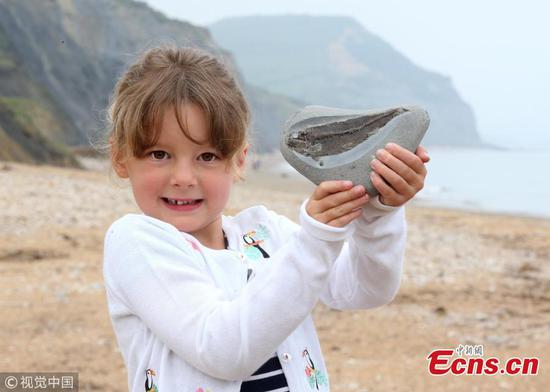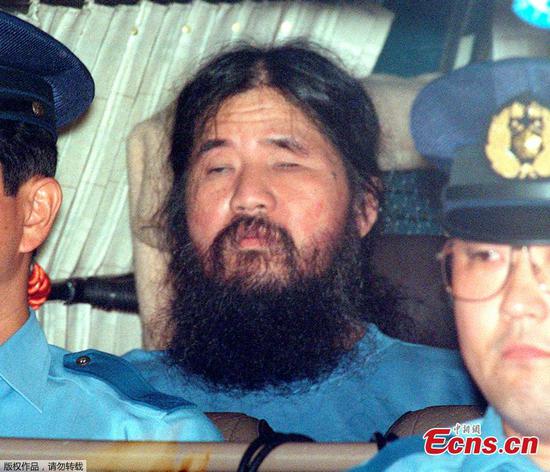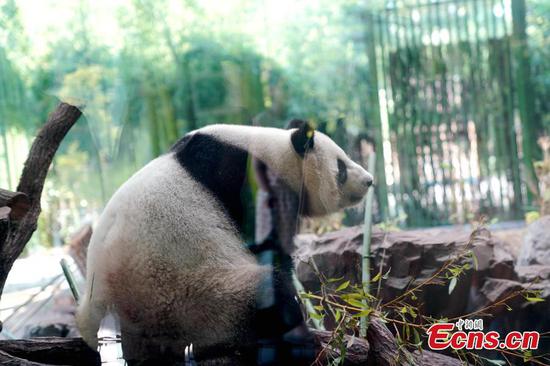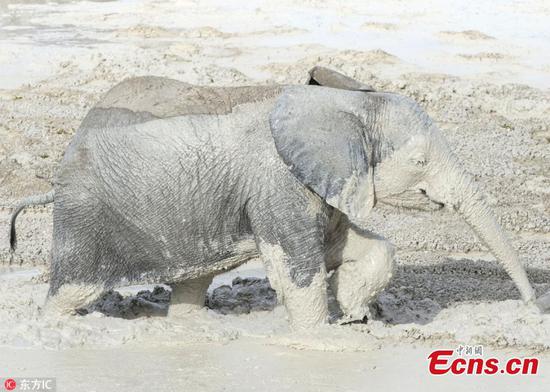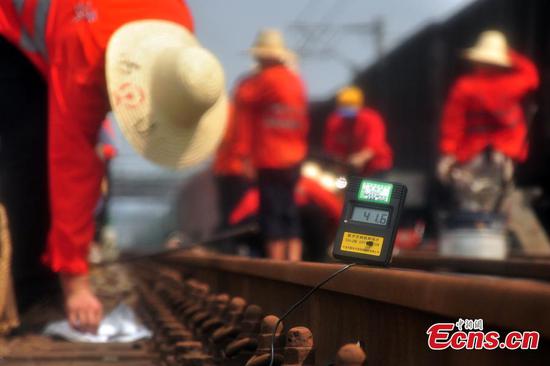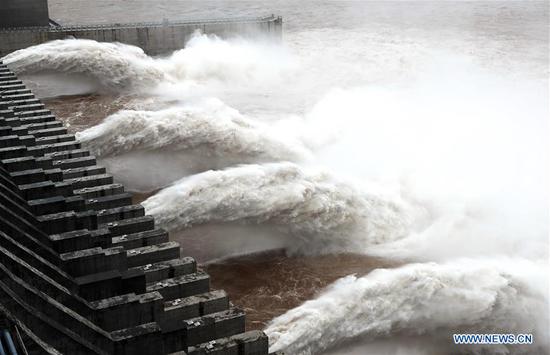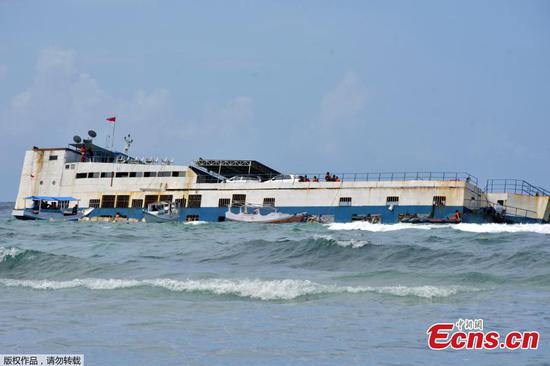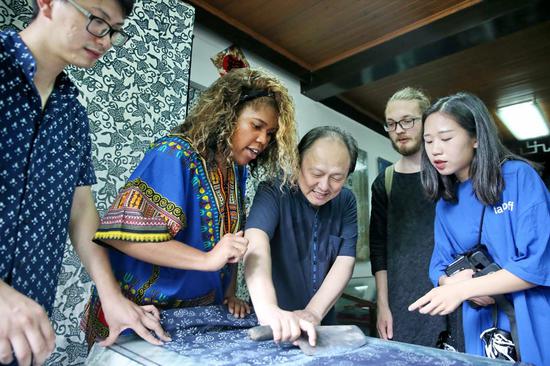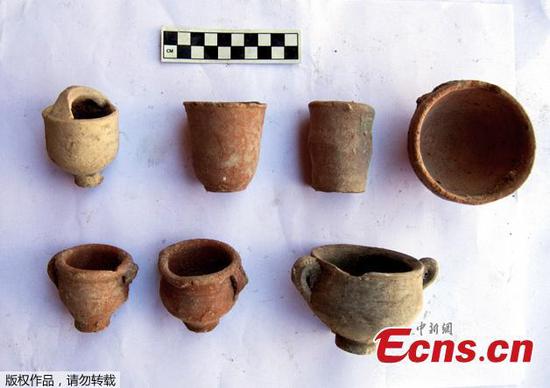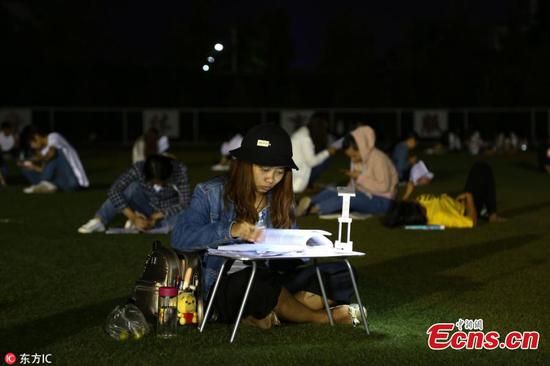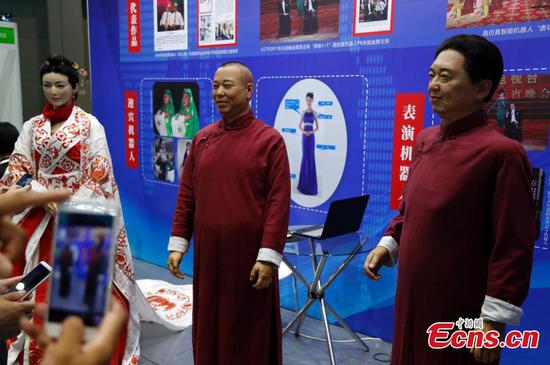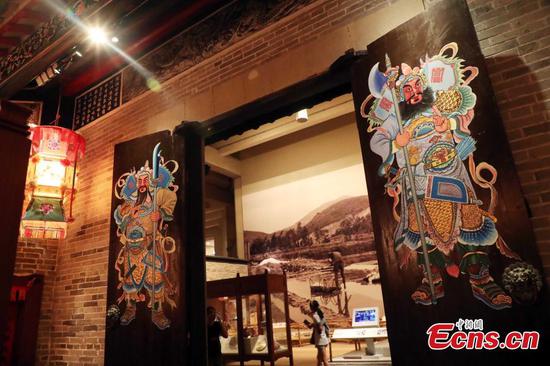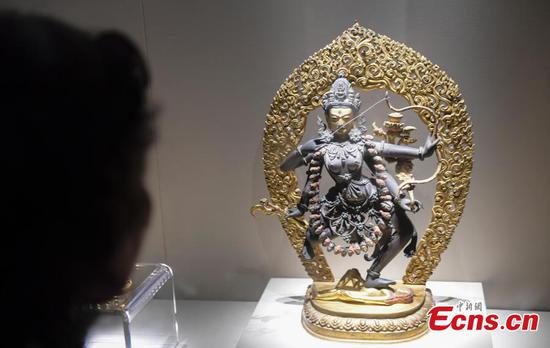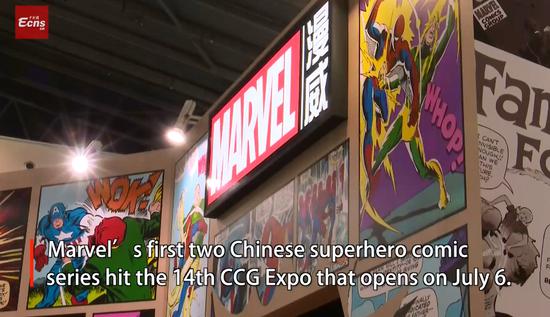The United States, despite global opposition, has launched the largest trade war in economic history by imposing additional tariffs at its largest trading partner, China, Friday.
The United States has confirmed that a 25-percent additional tariffs on Chinese products worth 34 billion U.S. dollars will be effective on Friday, targeting Chinese products from sectors like aerospace, IT and auto parts.
In response, China's customs authority announced that additional tariffs for some imports from the United States worth the same amount, including agricultural products, vehicles and aquatic products, also took effect on the same day.
"The Chinese side, having vowed not to fire the first shot, was forced to stage counter-attacks to protect the core national interests and interests of its people," China's Ministry of Commerce (MOC) said in a statement Friday.
"These tariffs, imposed by the U.S., violate the World Trade Organization (WTO) rules and represent a typical 'trade bully', posing a grave threat to the security of global industry and value chains," it said.
Instead of serving the interests of U.S. companies and people, the ministry said the move will prove to be counter-productive and damaging.
Around 59 percent of products worth 34 billion U.S. dollars subject to additional tariffs are made by foreign firms in China, with American firms making up a considerable part.
Although China still has a trade surplus with the United States, it does not mean China benefits while the United States loses. Analysts estimate that about 40 percent of the trade surplus is actually generated by U.S. companies in China. In 2017, U.S. exports to China created around one million jobs for the United States.
The U.S.-initiated trade war will hamper global economic recovery and trigger global market turmoil while dealing a blow to many multinationals, enterprises and ordinary consumers, the MOC warned.
"Workers, farmers, families and business are all losers in a trade war," an article pointed out on the website of the U.S. Chamber of Commerce, the largest business group in the country.
China will report the relevant situations to the WTO in time, and stand with other countries in defending free trade and multilateral mechanisms.
"This continued escalation poses a serious threat to growth and recovery in all countries, and we are beginning to see this reflected in some forward-looking indicators," WTO director general Roberto Azevedo said in a statement.
"The administration is threatening to undermine the economic progress it worked so hard to achieve," Thomas J. Donohue, president and CEO of the U.S. Chamber of Commerce, said in a statement.
The trade war will be hard to sustain as it will hurt the U.S. economy, said Guo Shuqing, head of China's top banking and insurance regulatory body.
The Chinese economy has rather strong resilience as the socialist market economy has marked advantages in dealing with difficulties and risks, Guo pointed out.
China will unswervingly commit itself to deepening reform and expanding opening-up, protecting entrepreneurship, strengthening protection of intellectual property rights, and creating a good business environment for foreign-invested companies in China, the MOC said.










